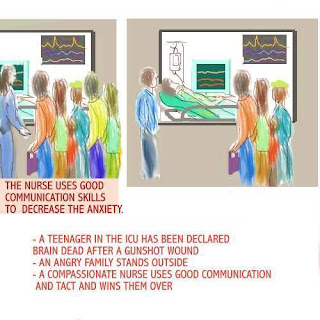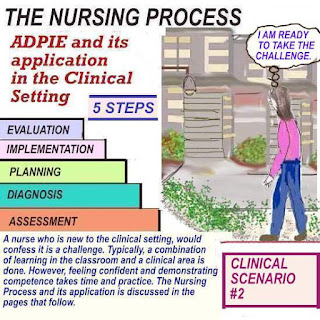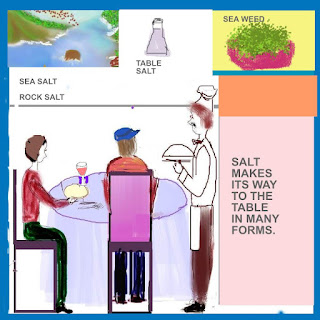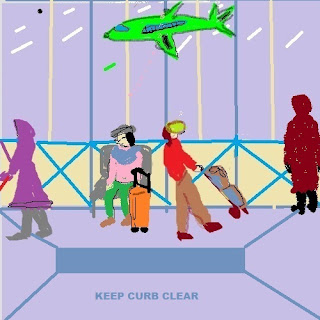INTERESTING FACTS ABOUT HEPARIN AND TPA ( THROMBOLYTIC PLASMINOGEN ACTIVATOR)
In the image above, a new nurse seeks information
about Heparin, an anticoagulant drug.
Heparin is an anticoagulant drug. It is used to
prevent clot formation in conditions such as
Atrial fibrillation and DVT ( deep vein thrombosis).
Learn more about :Heparin Therapy
muscular route. Side effects of anticoagulant therapy
include: bleeding of gums, hematuria, bleeding from IV
and dressing sites. Protamine Sulfate is the drug used to

bleeding of the gums, at dressing sites, in the urine, or
at IV sites. It is important for the nurse to assess and
document any bleeding.

Any obstruction to the flow of blood may lead to conditions
such as stroke, heart failure, and or renal failure .The
diabetic patient is also at risk.
ischemic (embolic) caused by a clot or plaque in a blood
vessel.
by trauma or rupture of a blood vessel due to high
blood pressure. ICP monitoring may be necessary for
the patient with a hemorrhagic stroke.
obstruct the flow of blood in the brain. This will also
affect oxygen to the brain.
as TPA ( Tissue Plasminogenic Activator). Antihypertensive
drugs and anti- seizure medications may also be ordered.
is used for patients who have a myocardial infarction
completely blocked coronary artery, would
demonstrate STEMI on the EKG.
is not only used for reperfusion in patients
who had a myocardial infarction, it is also
used in the treatment of embolic strokes.














%20(1)%20(2)%20(1).jpg)













